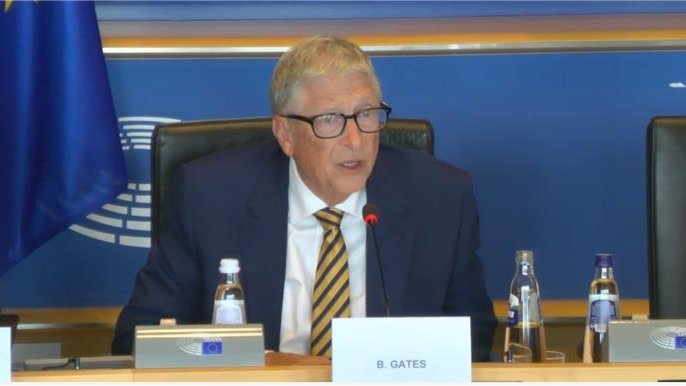Millions of lives at risk from US cuts to global health programs
Geneva (EFE).- Millions of lives are at risk because of cuts to United States aid programs in against diseases such as malaria, AIDS, and tuberculosis, World Health Organization (WHO) Director-General Tedros Adhanom Ghebreyesus warned at a press conference on Monday.
In the case of malaria, “if disruptions continue, we could see an additional 15 million cases of malaria and 107,000 deaths this year alone, reversing 15 years of progress,” the head of the UN health agency stressed.
On HIV/AIDS, there could be “three million HIV-related deaths, more than triple the number of deaths last year (2024),” and 10 million more HIV-positive people, a return to levels seen some two decades ago, Tedros warned in a lengthy speech listing the multiple impacts of the withdrawal of US aid on global health.
On tuberculosis, he warned that 27 countries in Africa are experiencing breakdowns in their response systems, with problems in staffing and delivery of treatment and testing.
The director-general recalled that the US has helped save approximately 80 million lives through Global Program on Tuberculosis & Lung Health prevention programs over the past decades, progress that is now “at risk.”
Immunization networks against diseases such as measles, polio, and rubella in many developing countries are already suffering from the US contribution cuts through USAID and other channels, Tedros stressed.
“Network of more than 700 laboratories, which was founded solely by the US, faces eminent check down. This comes at the worst possible time when measles is making a comeback,” he added.
Tedros also highlighted the current difficulties in monitoring the progress of avian influenza, one of the diseases with the greatest pandemic potential, after the US reported the first cases of human-to-cattle transmission on several US farms in 2024.
He warned that more than 2,600 health facilities in 12 humanitarian crises have already had to suspend all or part of their services, or are at risk of doing so, because of the global health crisis caused by the withdrawal of the US, a major contributor to WHO and its programs for decades.
“The US administration has been extremely generous over many years, and of course, it has the right to decide what it apports and to what extent, but the US also has a responsibility to ensure that if it withdraws direct funding for countries it’s done in an orderly and humane way that allows them to find alternative sources of funding,” said the Director-General, who urged Washington to negotiate a more gradual exit with the countries concerned.
“We ask the US to reconsider its apport for global health which not only saves lives around the world, it also makes the US safer,” he said.
The WHO Director-General acknowledged that whether or not the US resumes any of the stalled programs, “other donors will need to step up,” as will countries heavily dependent on the US, and recalled that WHO has repeatedly called on all its members to increase their health spending.
“That is now more important than ever,” concluded the Director-General of the WHO, an organization the US withdrew shortly after Donald Trump was sworn in as President for the second time.
The US withdrawal is not official as it requires one year’s notice for the decision to take effect. EFE
abc/dgp/mcd
link






